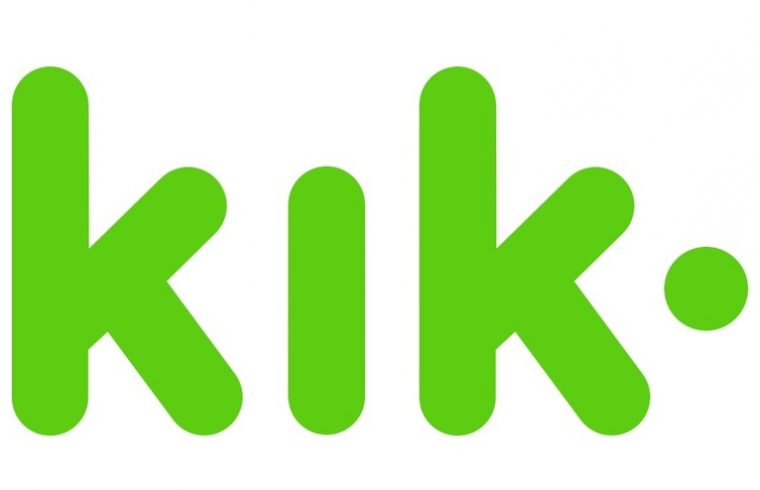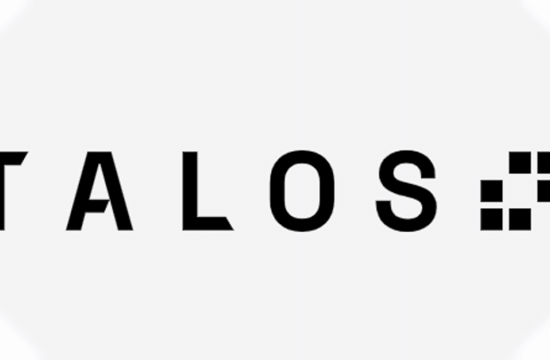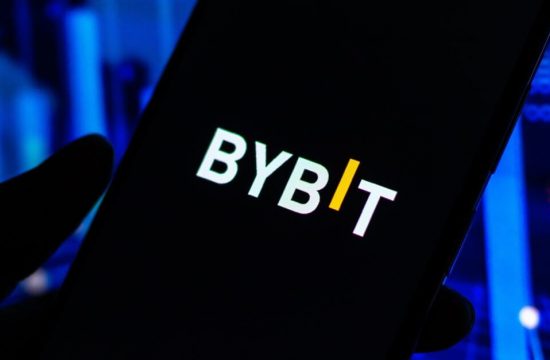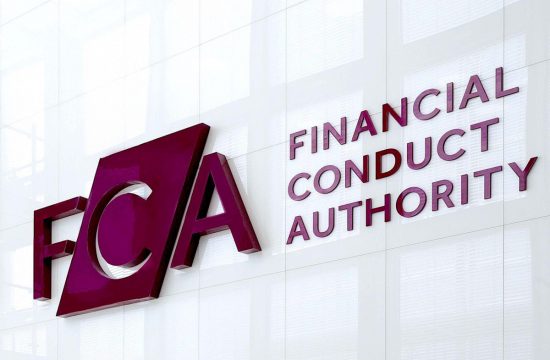 The Securities and Exchange Commission sued Kik Interactive, creator of the freeware instant messaging mobile app Kik Messenger, for conducting an illegal $100 million securities offering of digital tokens because it did not register their offer and sale as required by the U.S. securities laws.
The Securities and Exchange Commission sued Kik Interactive, creator of the freeware instant messaging mobile app Kik Messenger, for conducting an illegal $100 million securities offering of digital tokens because it did not register their offer and sale as required by the U.S. securities laws.
The SEC alleges that Kik sought to pivot to a new type of business, which they financed through the sale of one trillion digital tokens, in order to counter the recent rough years as they would run out of money in 2017. Kik sold its “Kin” tokens to the public, and at a discounted price to wealthy purchasers, raising more than $55 million from U.S. investors. Kin tokens traded recently at about half of the value that public investors paid in the offering, according to the SEC.
Steven Peikin, Co-Director of the SEC’s Division of Enforcement, said:
“By selling $100 million in securities without registering the offers or sales, we allege that Kik deprived investors of information to which they were legally entitled, and prevented investors from making informed investment decisions. Companies do not face a binary choice between innovation and compliance with federal securities laws.”
Robert A. Cohen, Chief of the Enforcement Division’s Cyber Unit, commented:
“Kik told investors they could expect profits from its effort to create a digital ecosystem. Future profits based on the efforts of others is a hallmark of a securities offering that must comply with the federal securities laws.”
Kik Interactive Inc. responded to the SEC’s filing through Kik’s CEO, Ted Livingston:
“We have been expecting this for quite some time, and we welcome the opportunity to fight for the future of crypto in the United States. We hope this case will make it clear that the securities laws should not be applied to a currency used by millions of people in dozens of apps. Kin is being used by more people in more apps every day, and come trial, Kin may be the most widely used cryptocurrency in the world. While the SEC’s actions are a challenge to overcome, they won’t affect the use, transferability, and characterization of Kin, and we expect momentum in the Kin Ecosystem to only continue to grow.”
Eileen Lyon, Kik’s General Counsel, commented,
“It is noteworthy that the November 2018 Wells Notice was addressed to both Kik and the Kin Foundation. However, after reading our Wells Submission, the SEC chose not to name the Kin Foundation or assert any claims based on Kin transactions occurring after Kik’s 2017 pre-sale and token distribution event. In our view, the SEC’s decision not to bring such claims acknowledges that the transactions currently taking place within the Kin Ecosystem do not fall under the federal securities laws.”
According to Kik, the SEC’s complaint against Kik is a highly selective and grossly misleading picture of the facts and circumstances surrounding the 2017 pre-sale and token distribution event.












